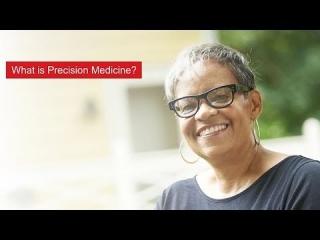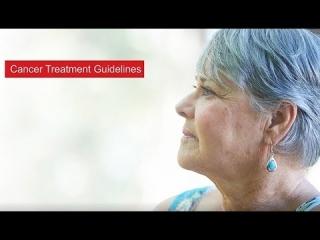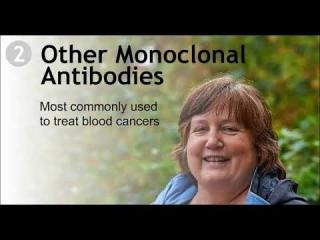Precision Medicine Overview
Precision medicine takes into account how different each person’s environment, lifestyle, and genes are from one another. The goal of precision medicine is to create a treatment plan according to the “precise” molecular aspects of each patient’s cancer. Treatments can be developed for groups of patients whose cancers all share a specific type of gene or protein. Watch this 8-minute guide to learn more about precision medicine and how it is being used to treat cancer patients. This is the first guide in the Precision Medicine eLearning series.






